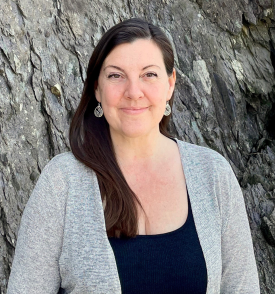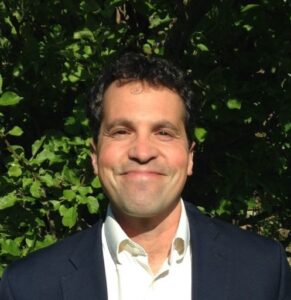
Alisa Bokulich (Boston University)
Title: How High the Mountain, How Low the Sea? Processualism in the Geosciences
Abstract: In the context of biology, processualism is roughly the view that we should understand the living world as being composed of a collection of processes, rather than things. But what about the non-living world? Does processualism have anything to teach the geosciences? In this talk I argue that it does. Whether it is colliding tectonic plates or resonant mountains, rising seas or isostatically adjusting ground, polar wobble or twice-daily solid body tides—the Earth is a tangled web of interacting processes, operating at multiple spatial and temporal scales. In such a processual world, even a seemingly simple concept like ‘height’ turns out to be surprisingly complex. All heights need to be measured from some reference surface, which is traditionally sea level, but what exactly is the level of the sea? Beginning with Whewell’s study of the tides, I trace the challenges geoscientists faced in trying to specify a stable reference surface and how the very concept of height increasingly became fractured in the quest for high-precision measurements. I conclude with some lessons about the processual nature of scientific data, given the lack of an Archimedean point from which to measure a Heraclitean world.

Greg Radick (University of Leeds)
Title: A Defense of Minimal-Rewrite Counterfactuals in the History of Science
Abstract: Should we care whether alternative-science counterfactuals are historically plausible? A concern with “minimal rewrite” plausibility – expressed, for example, by sticking to consideration of alternatives that were actually contemplated at some juncture point in the scientific past – has been criticized as overly restrictive, needlessly constraining historians from realizing the most radical potentialities of a counterfactual approach. While recognizing the value for certain purposes of a maximalist approach to history-of-science counterfactuals, this talk defends the minimalist constraint, along three lines. The first explores a parallel with a recent defense from the philosopher of biology Elliott Sober of evolutionary theory as preferable to Intelligent Design theory because of the former’s superior track record in priming new observations. The second illustrates the priming power of minimalist history-of-science counterfactuals with an example from my own recent research into an alternative history for the twentieth-century science of heredity. The third uses the case of curriculum reform now underway in genetics classrooms around the world to put pressure on the assumption that minimal-rewrite counterfactuals are by their nature minimally radical in their consequences.